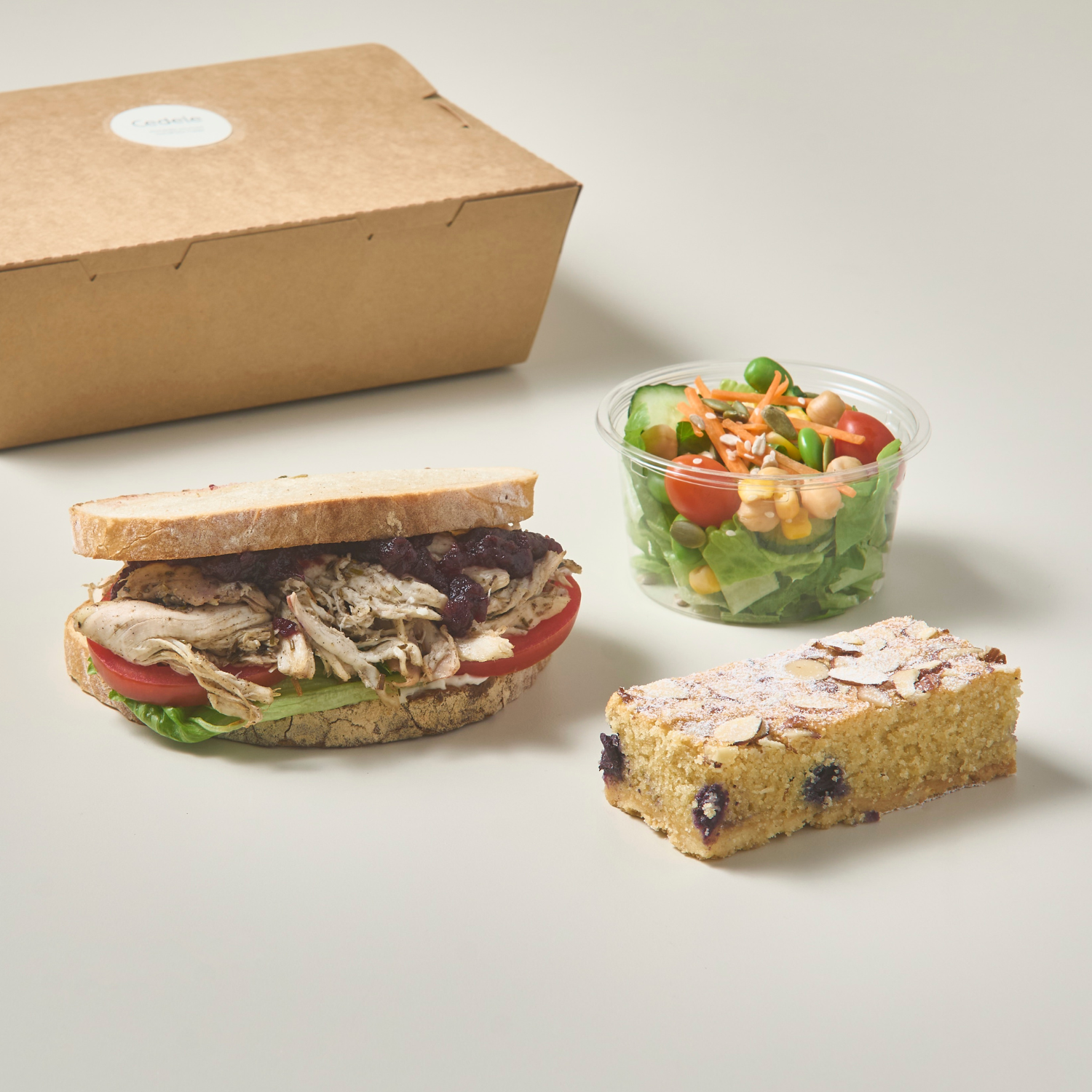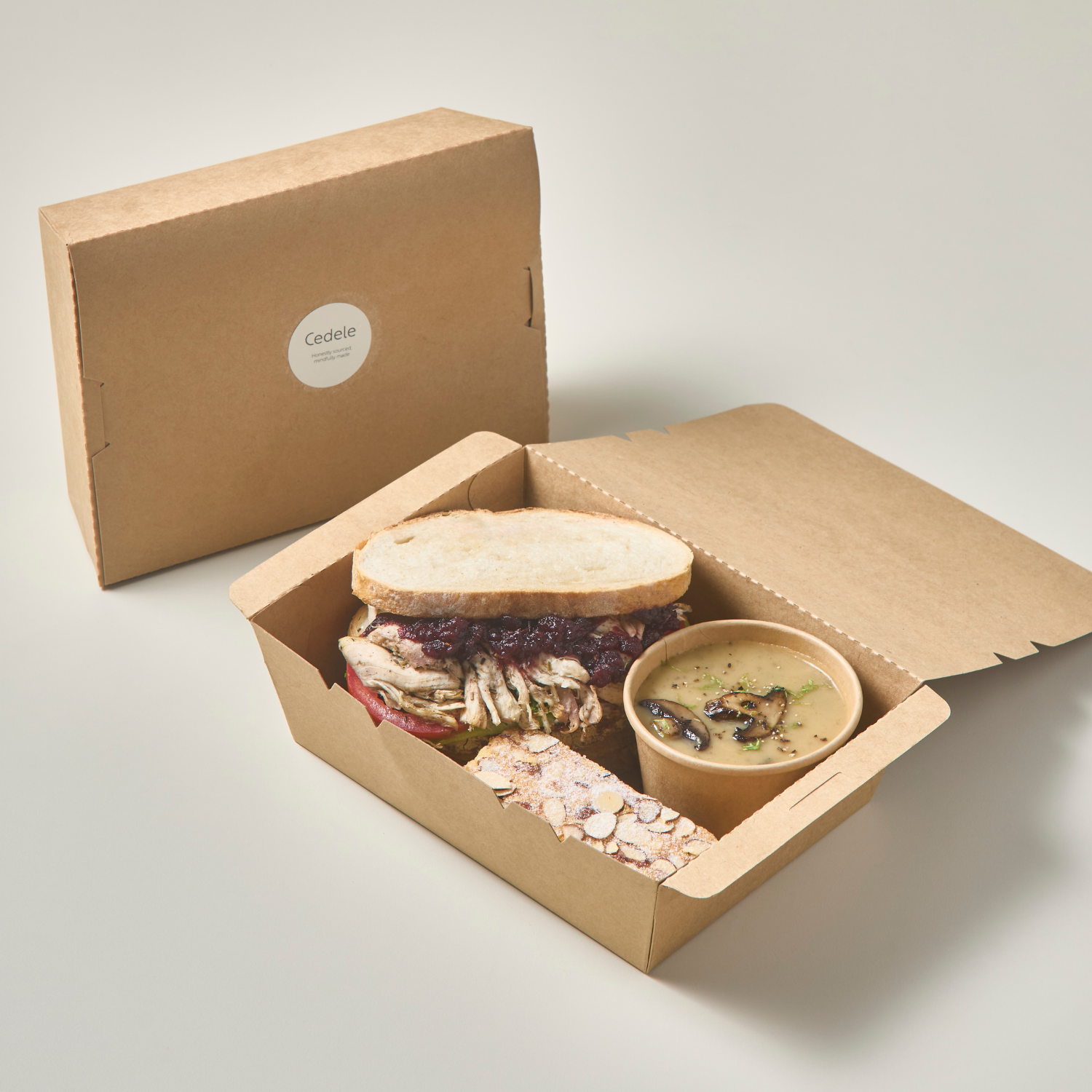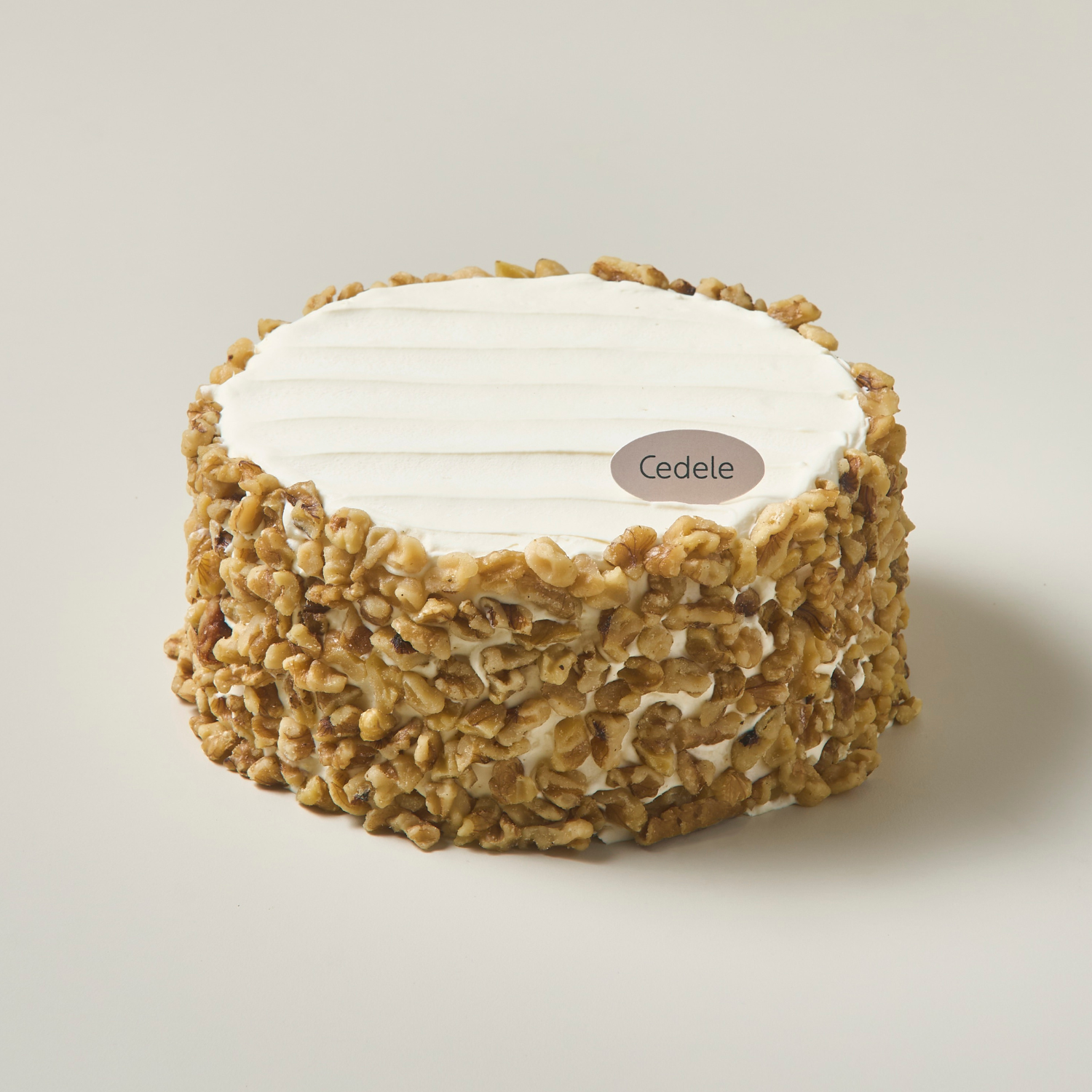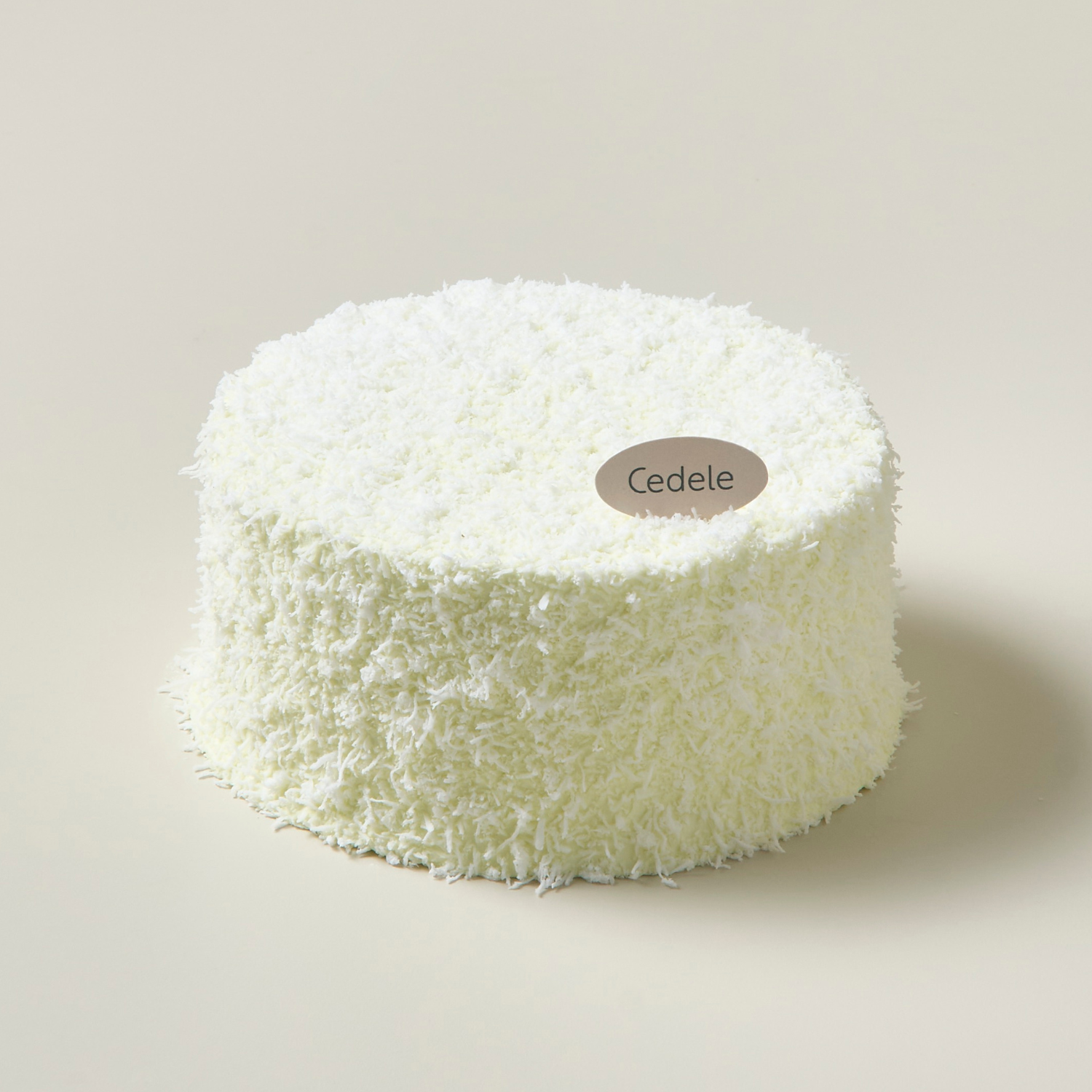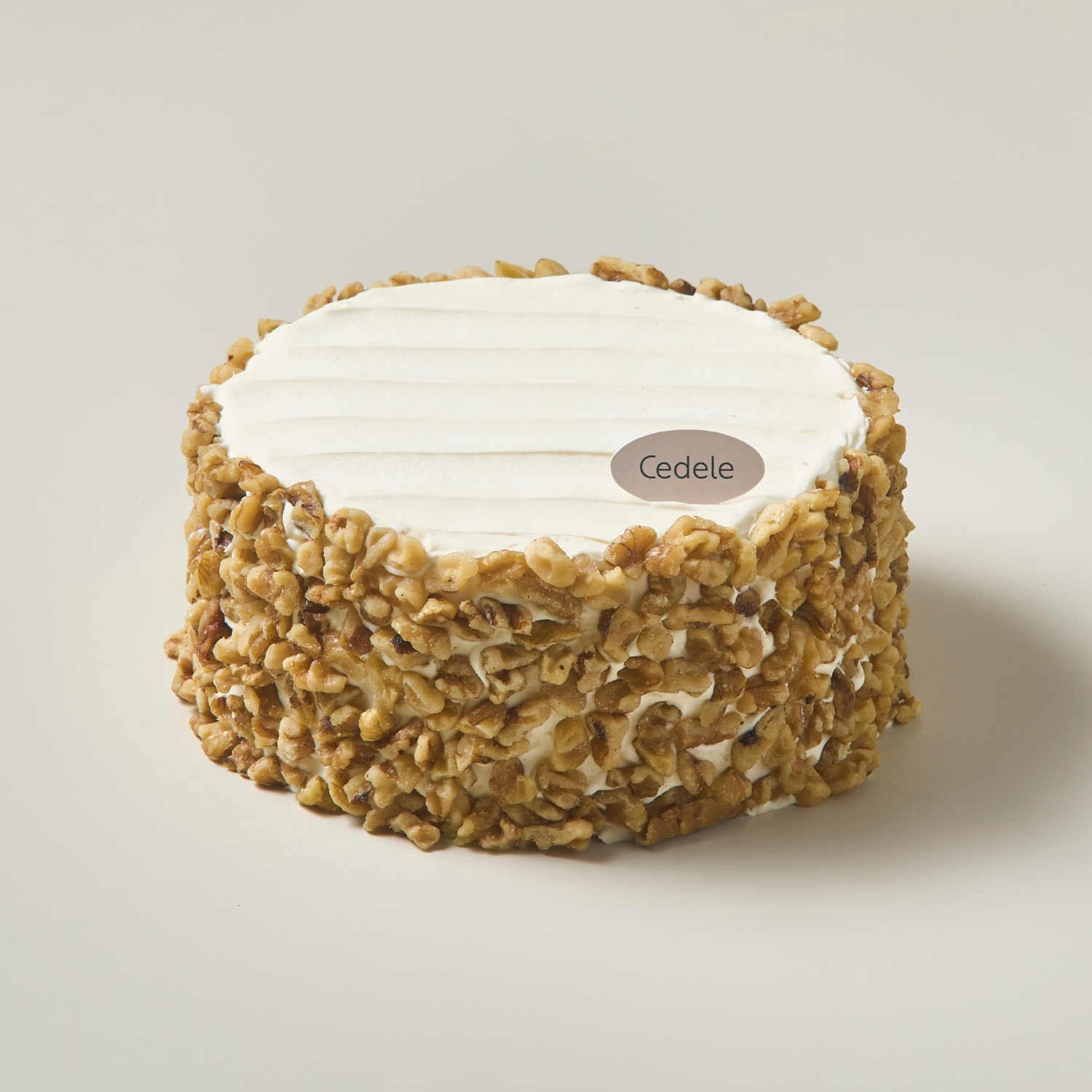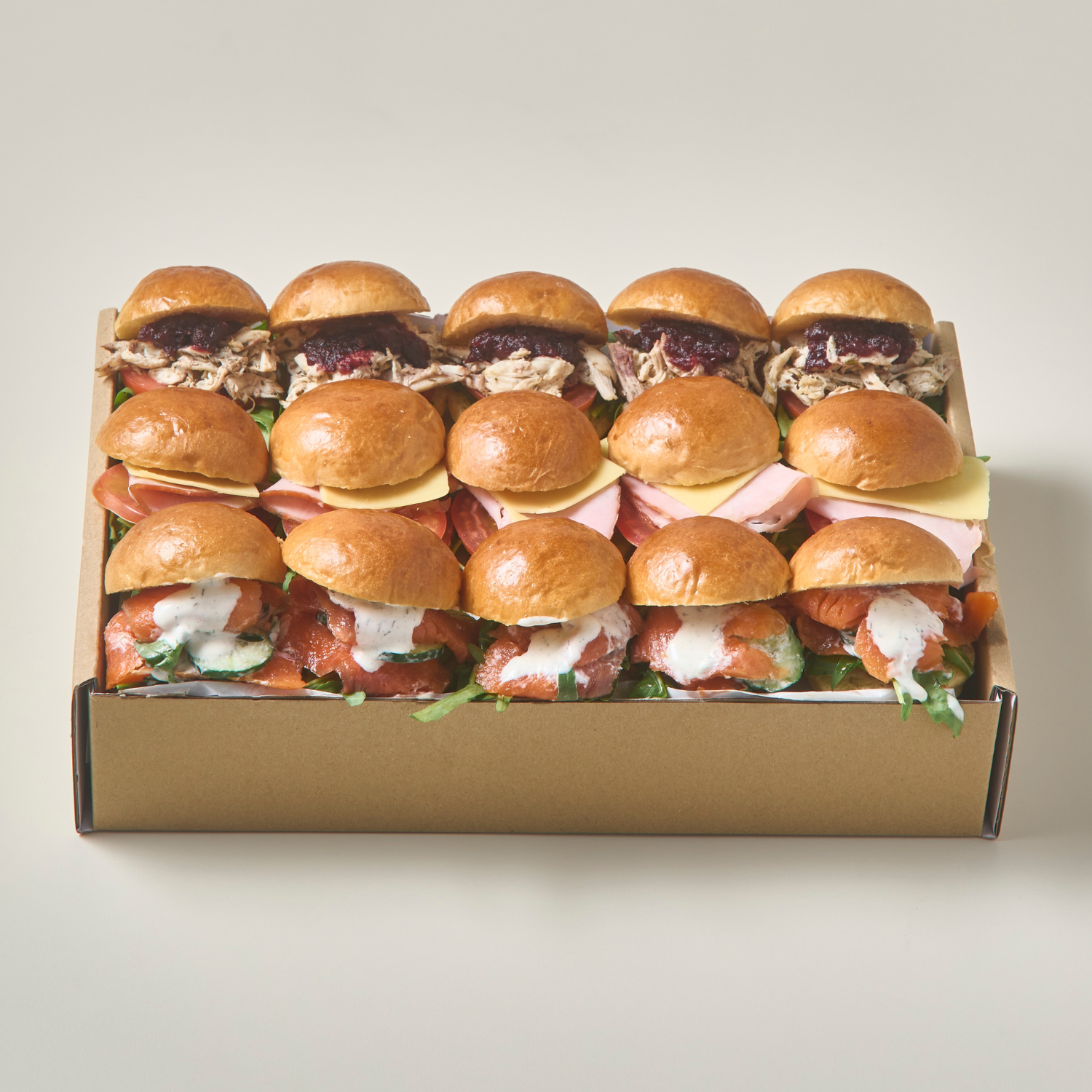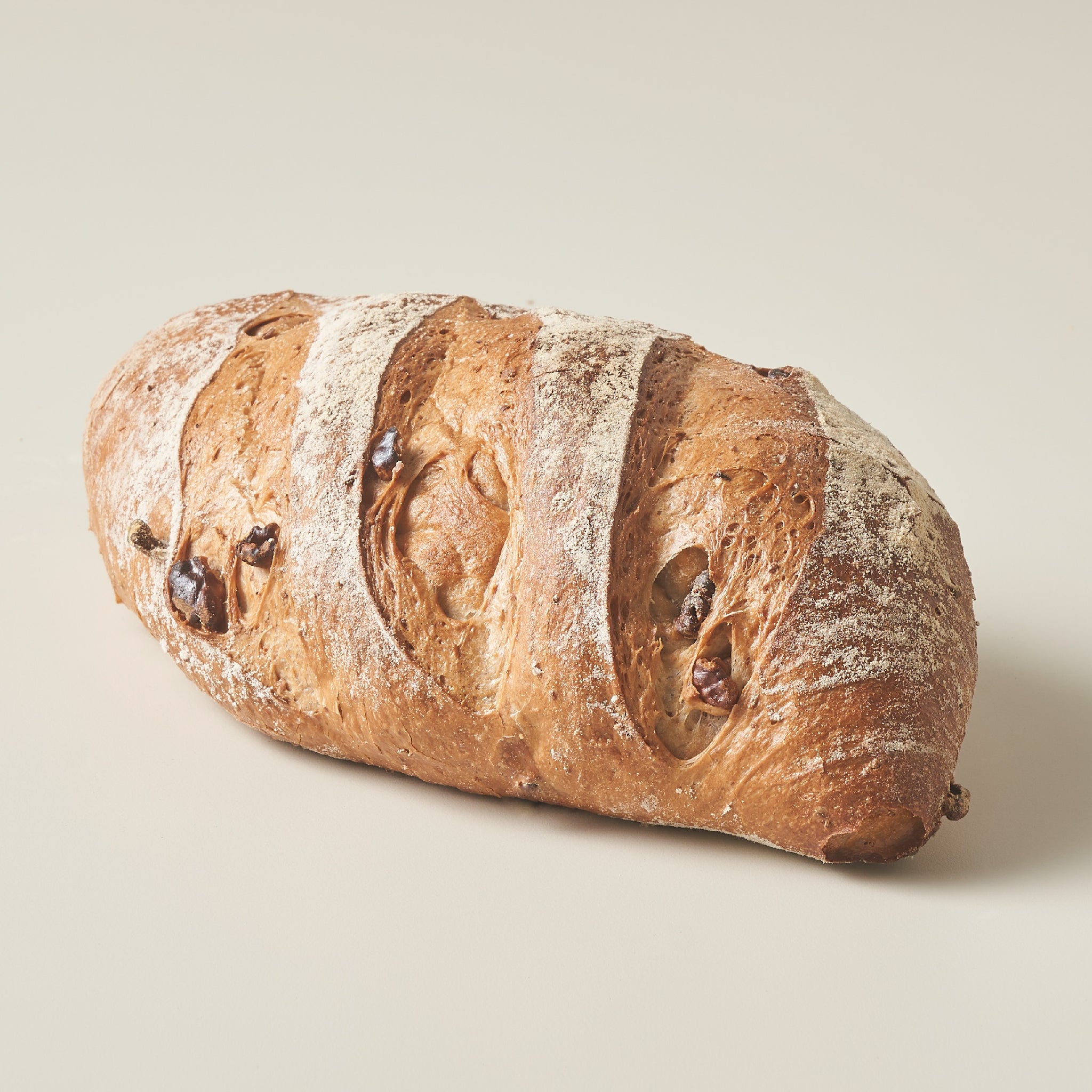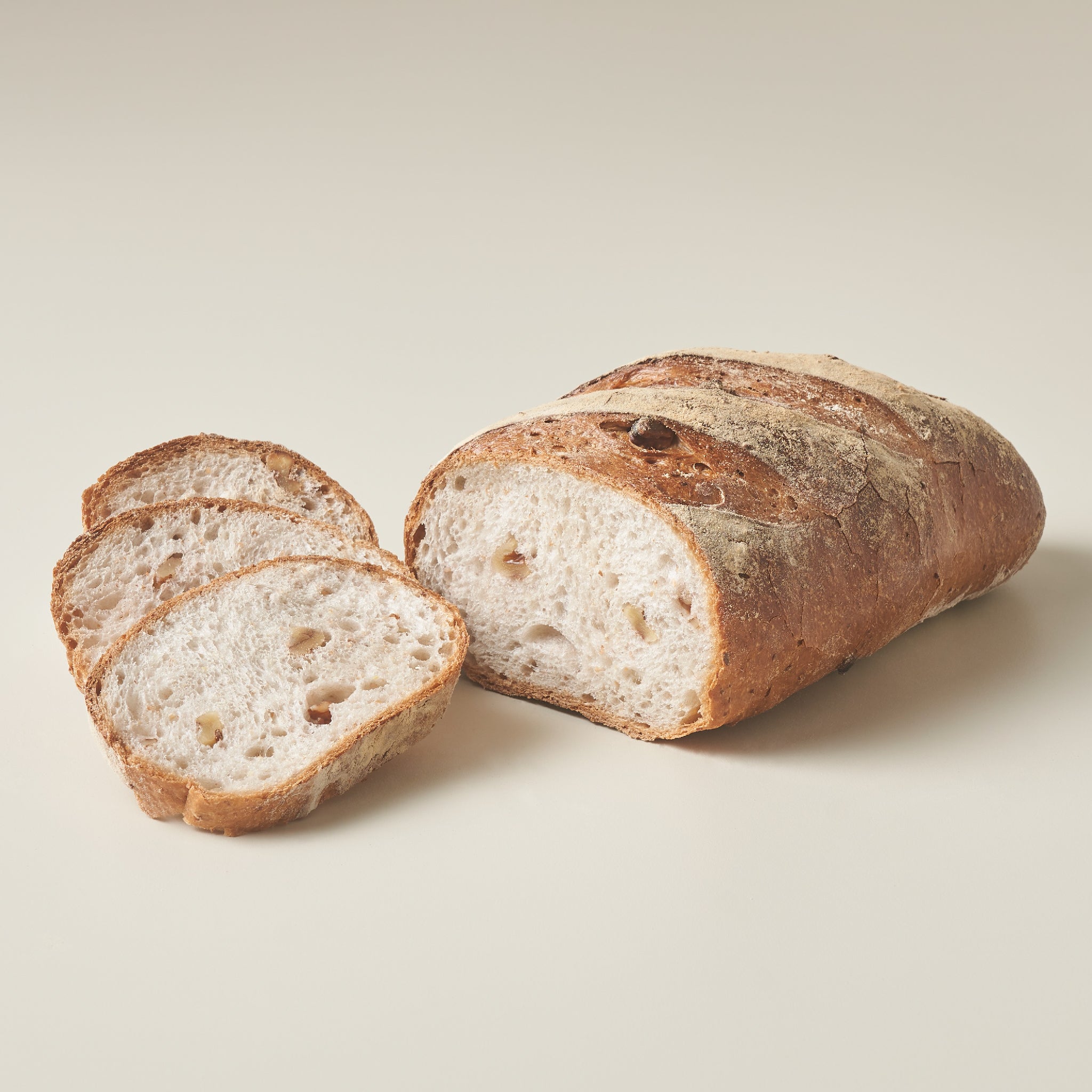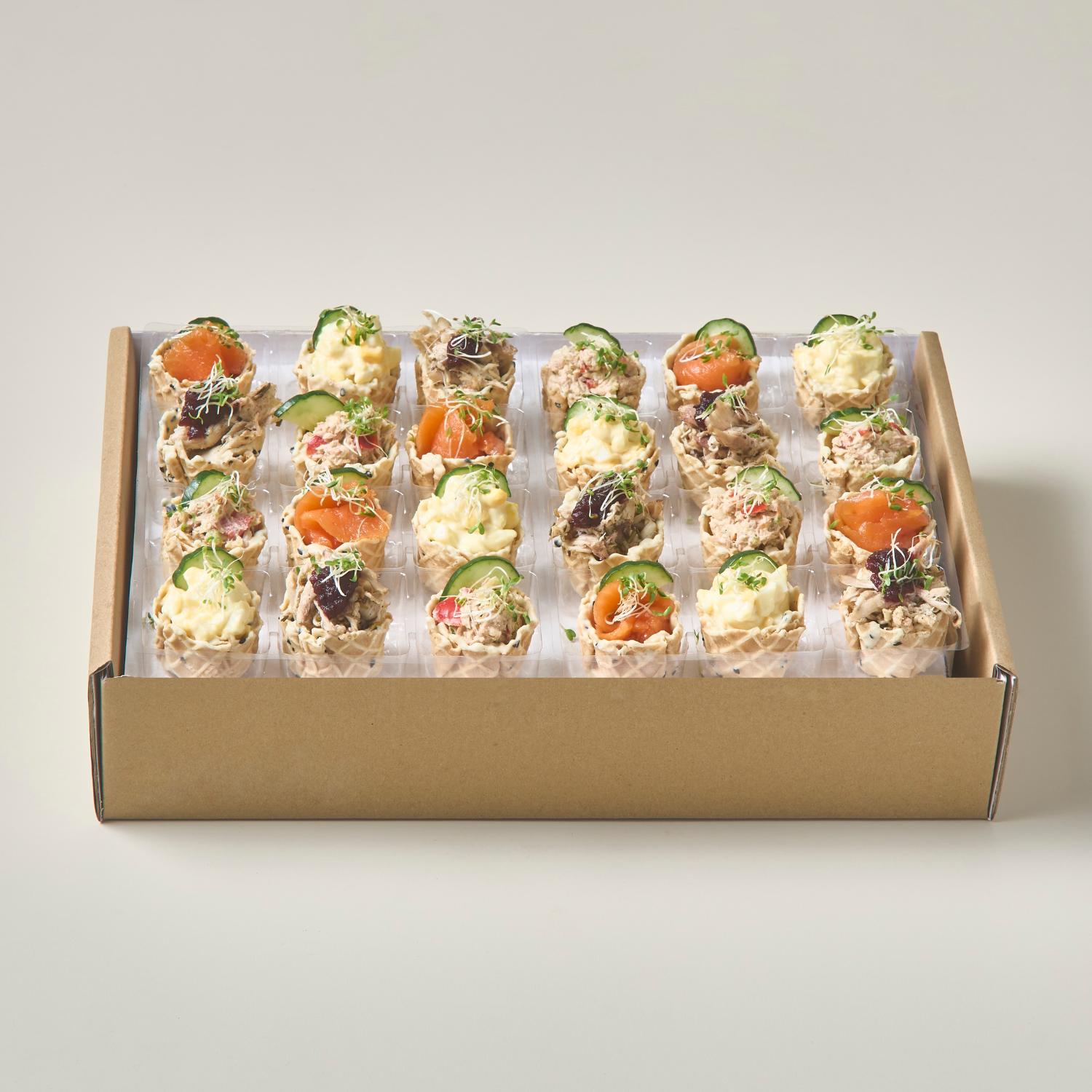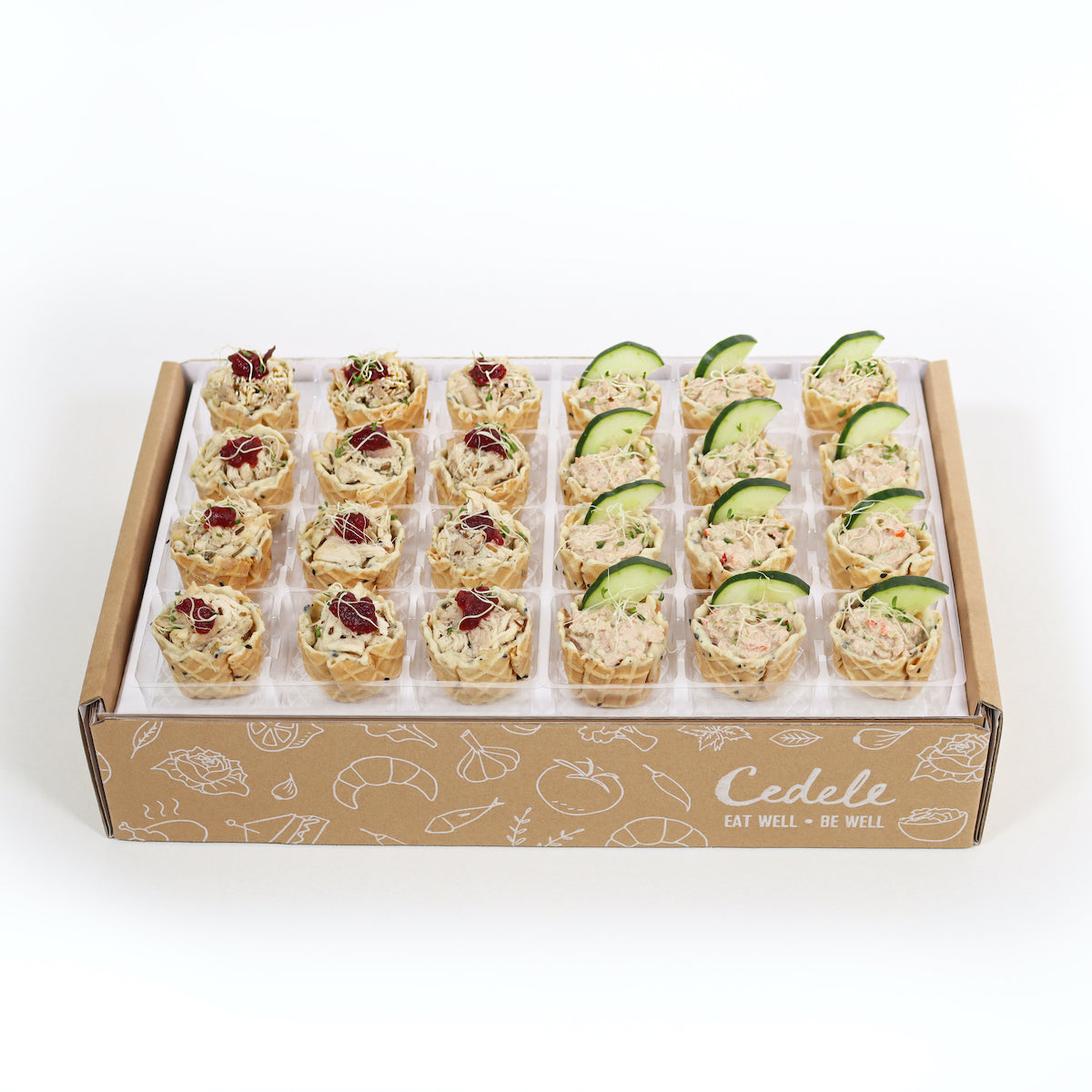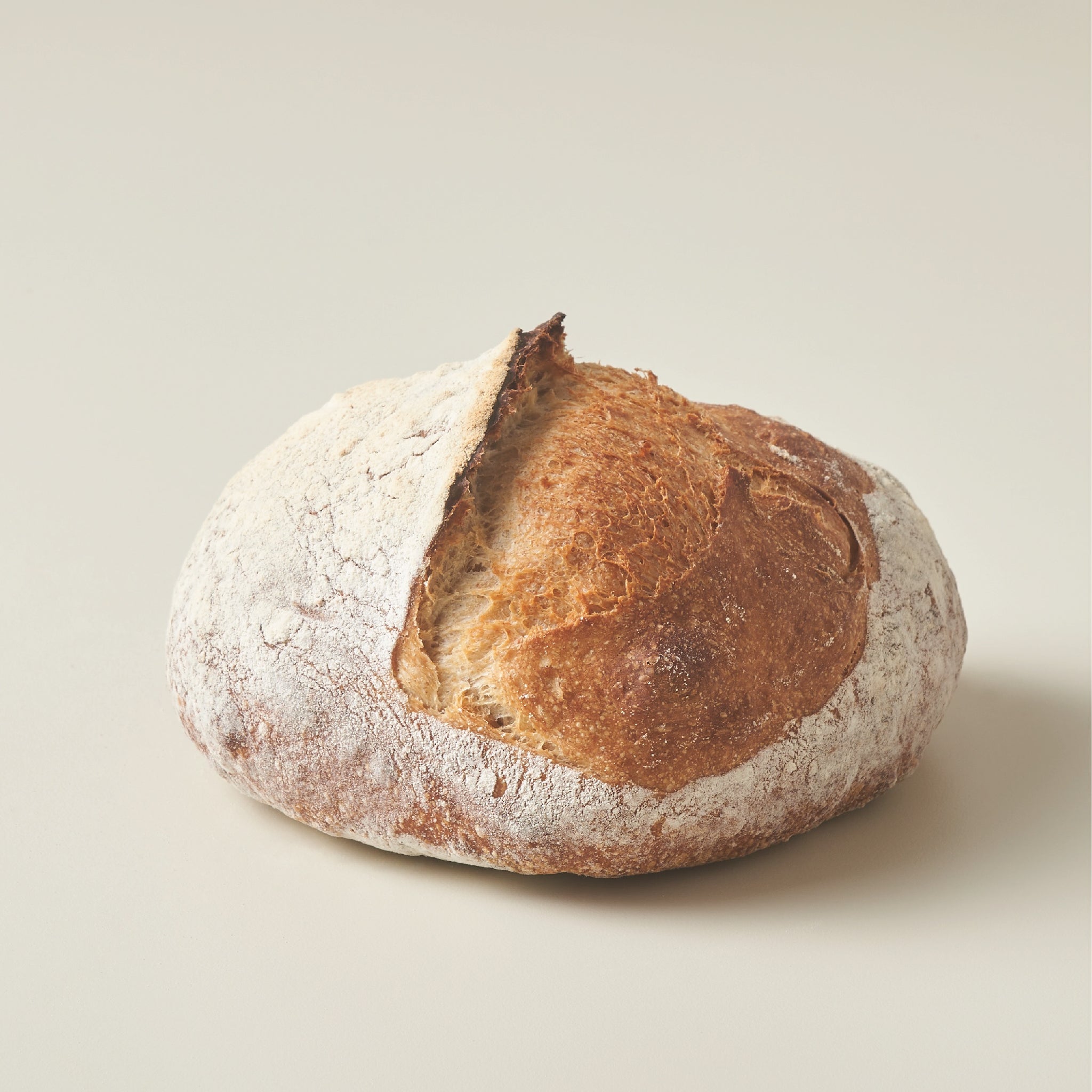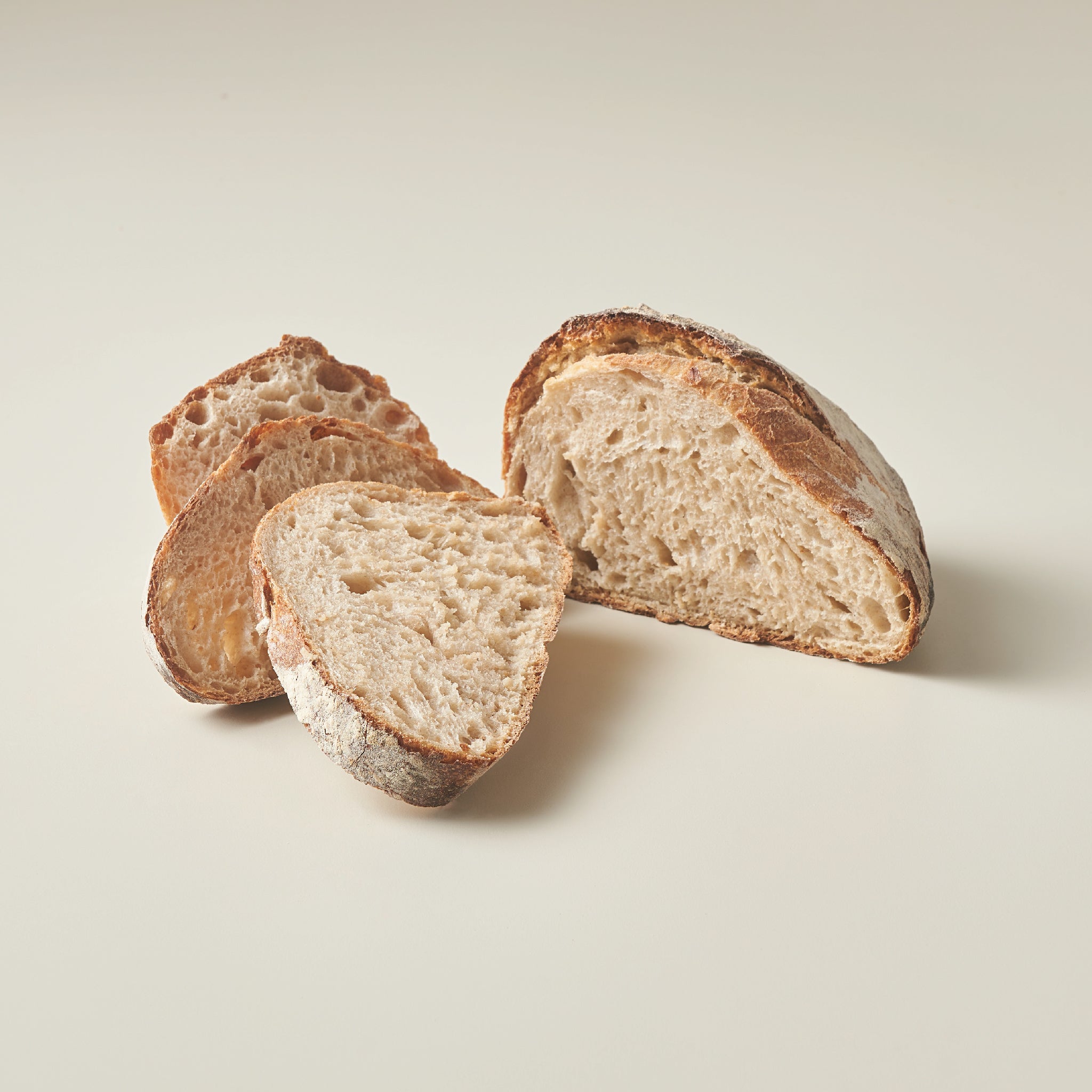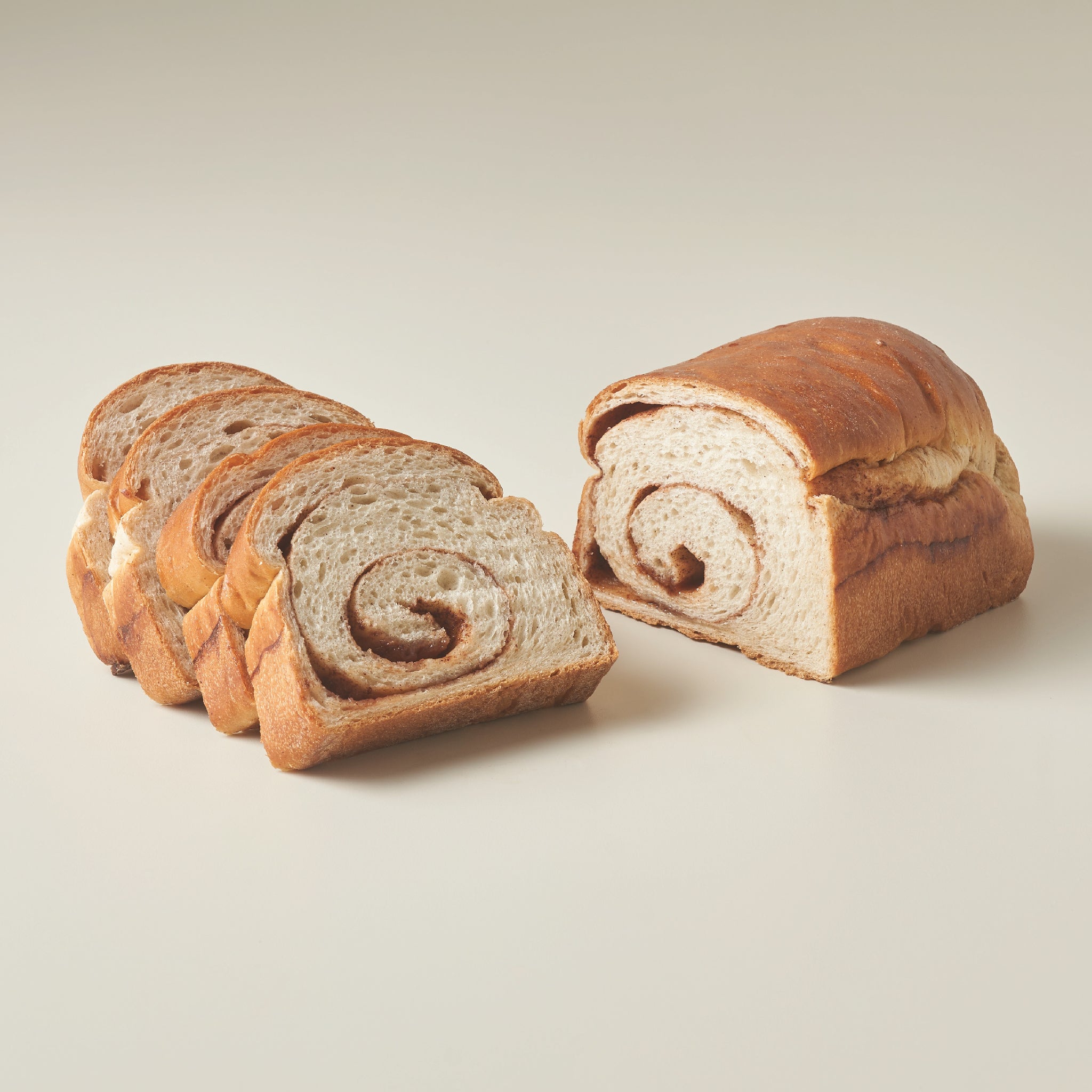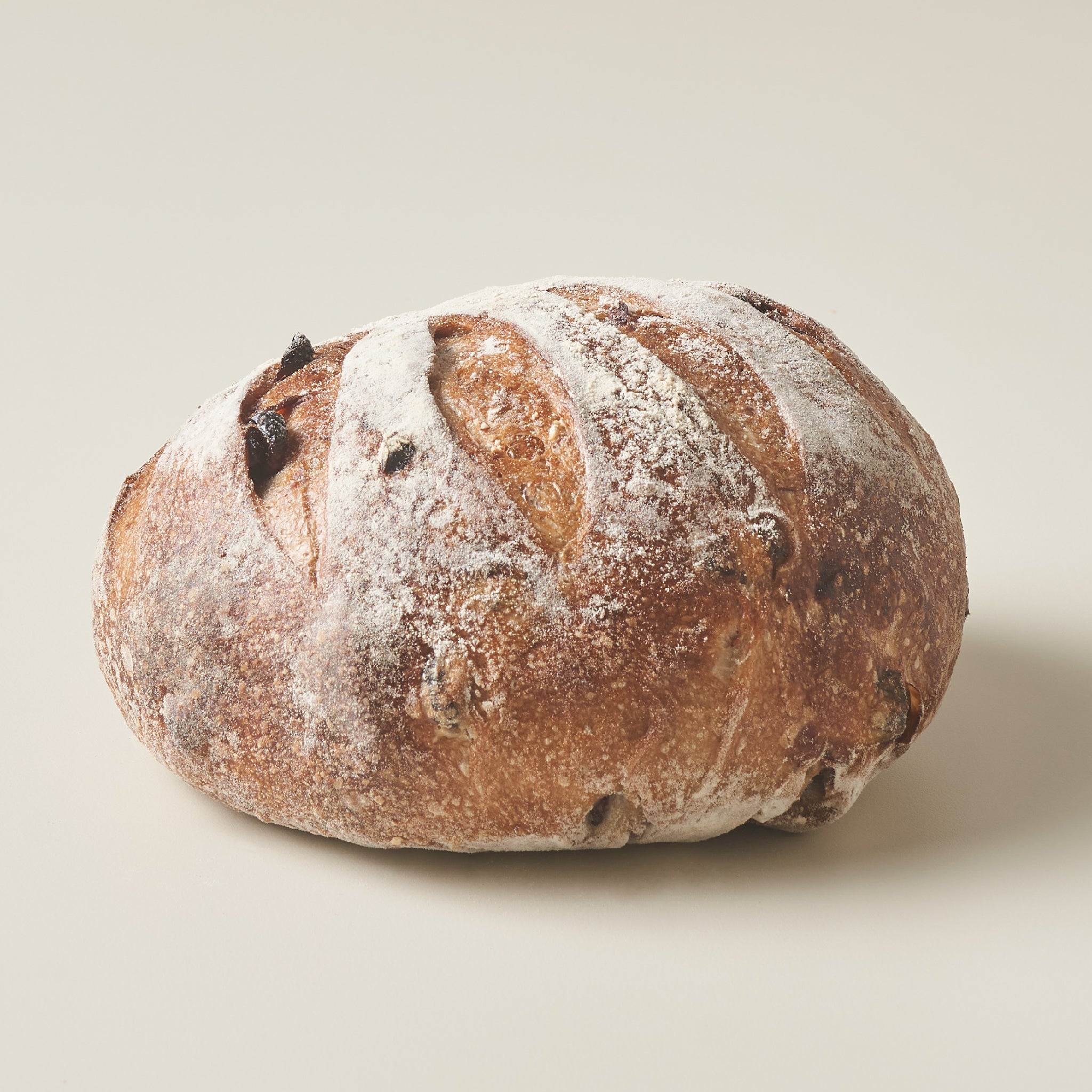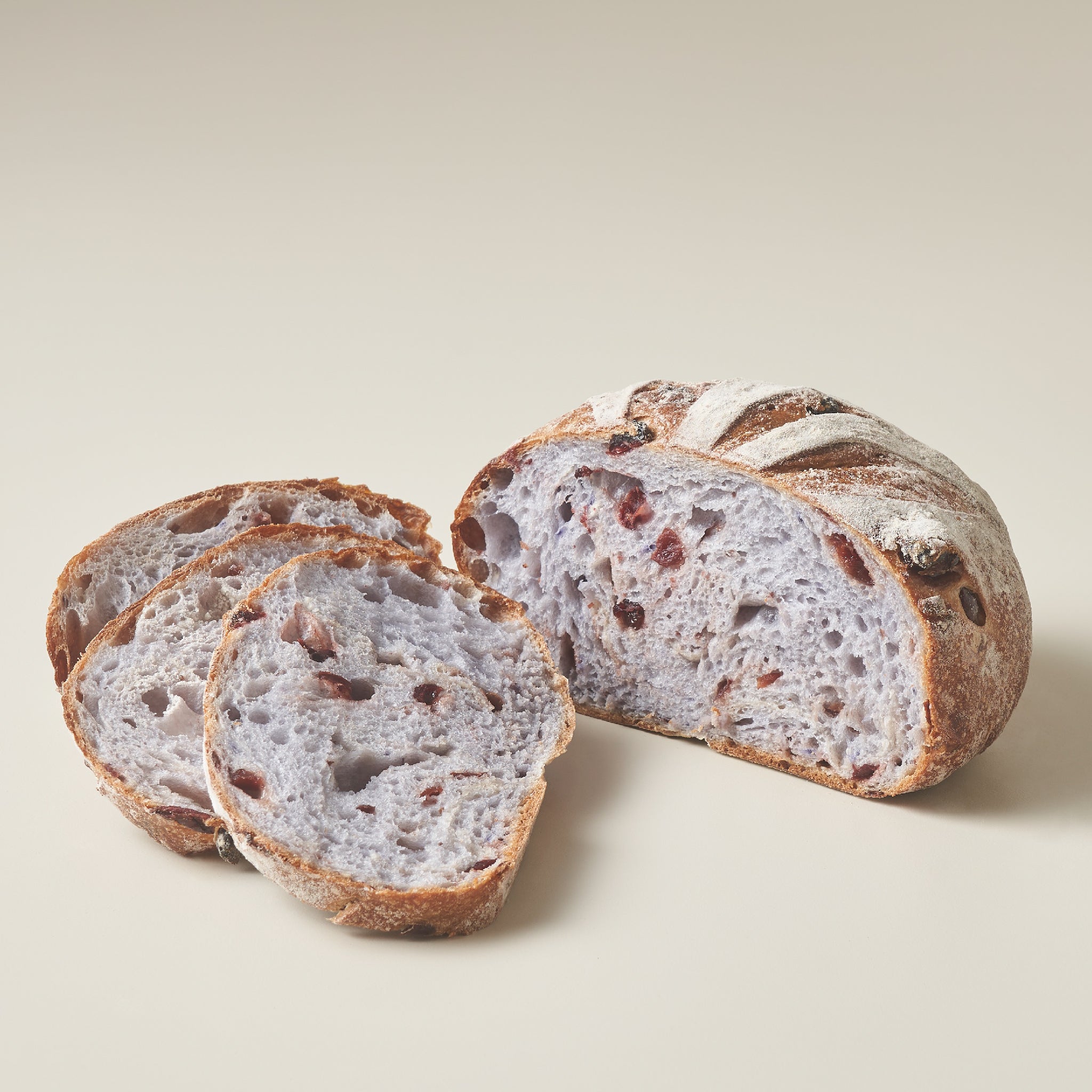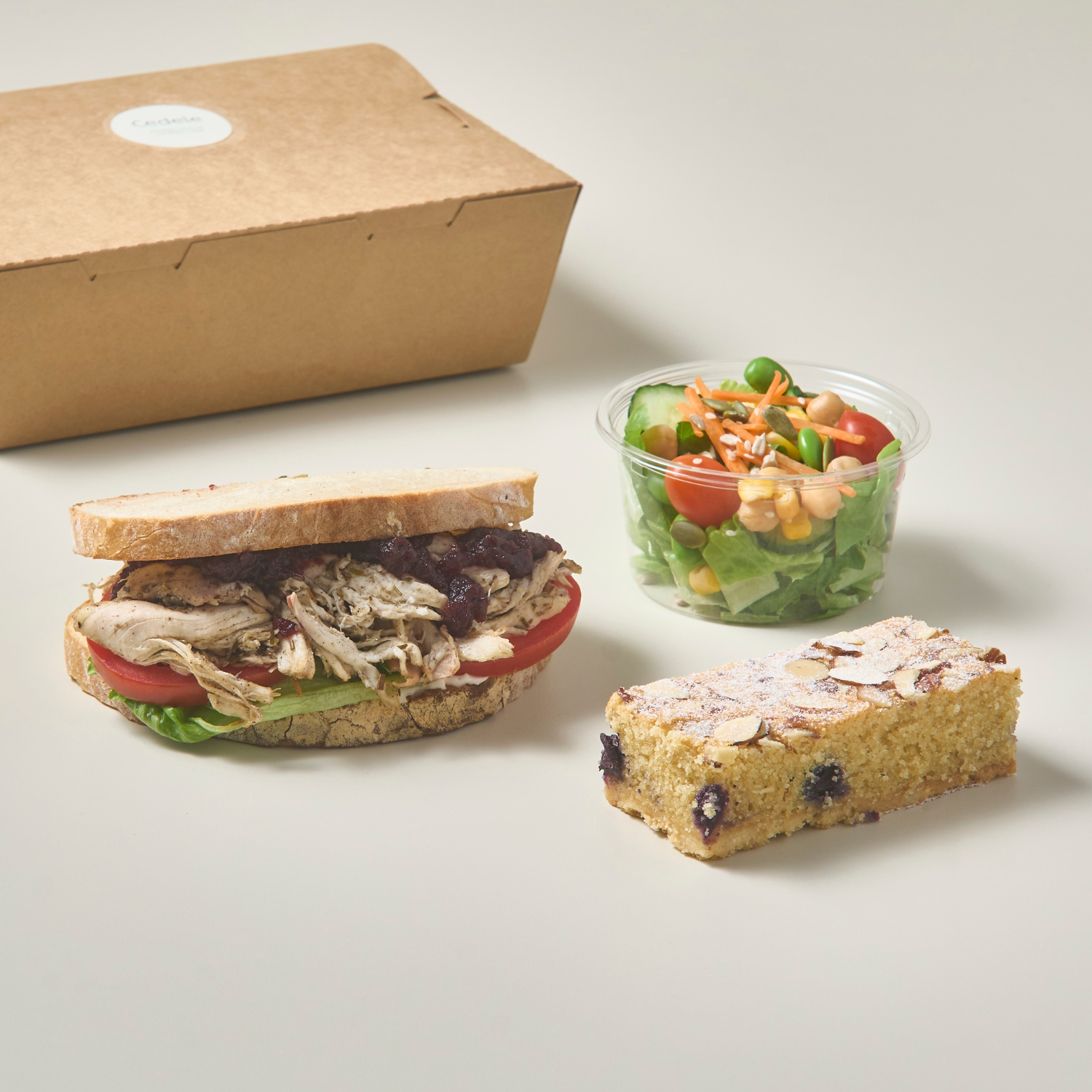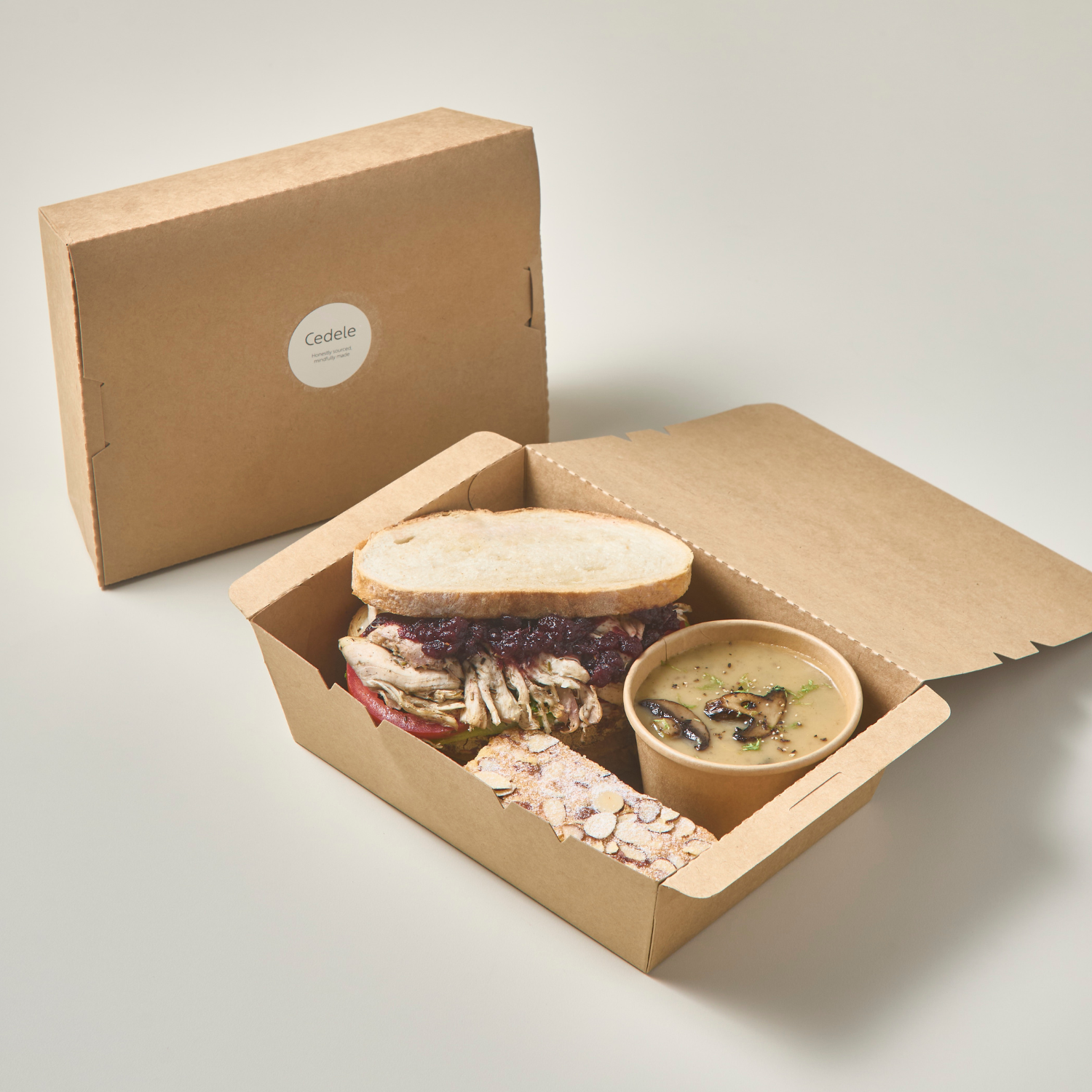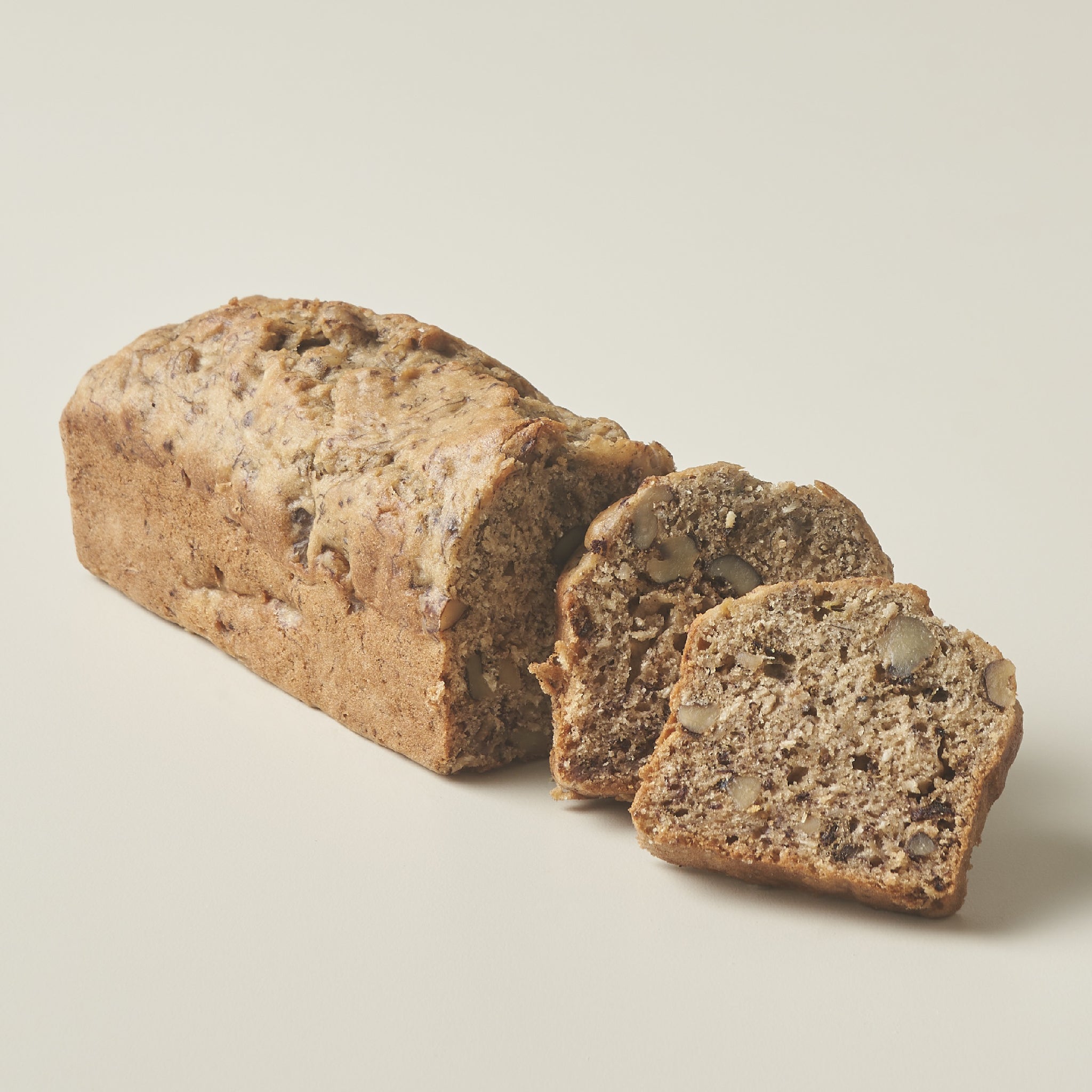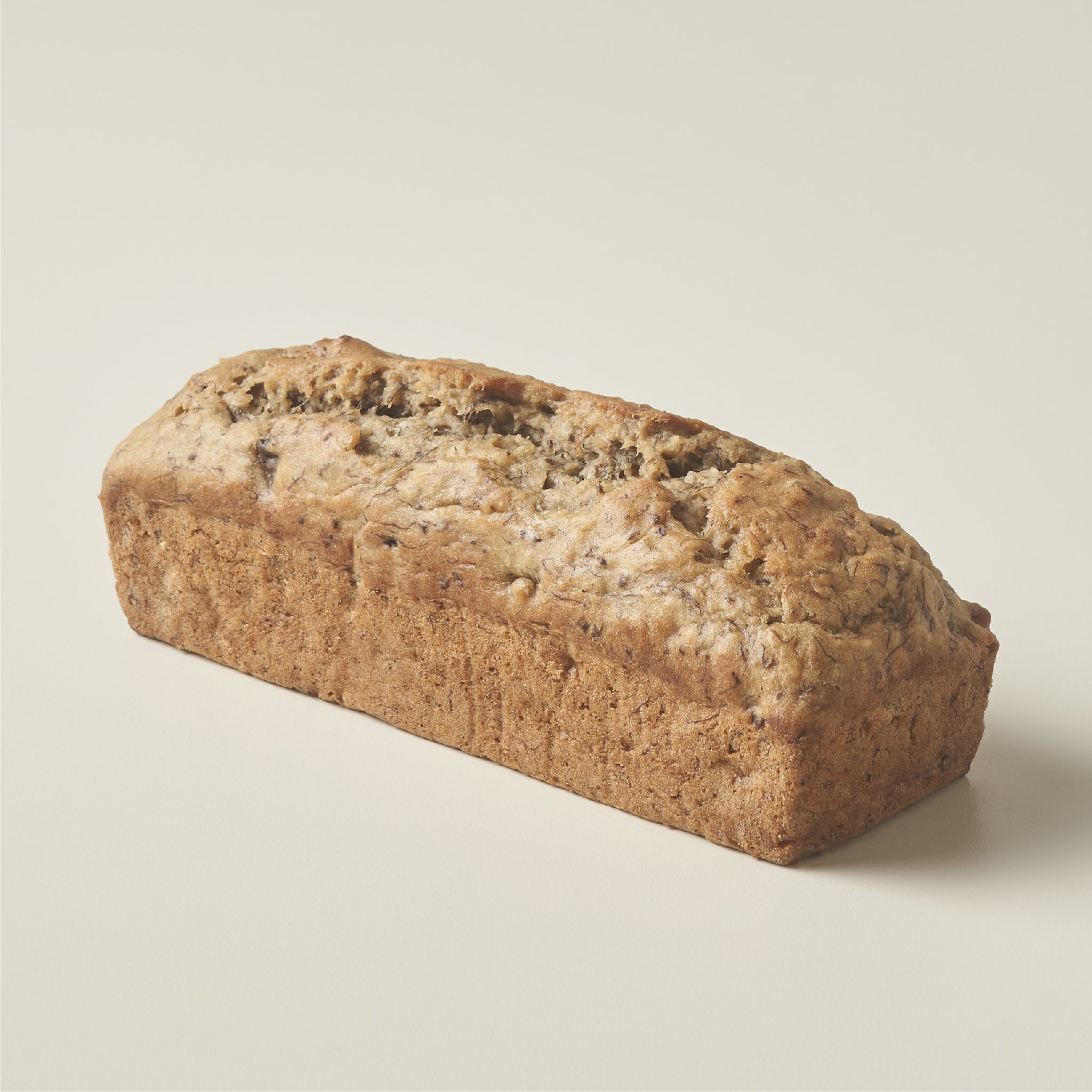What is flexitarianism?
Simply put, flexitarianism = flexible vegetarianism. If you are a flexitarian, you eat a predominantly, but not strictly vegetarian diet. You choose when to eat meat - it could be just on weekends, or when you're eating out, or only after 6pm. You get to pick whatever is most manageable for you.
At Cedele, we welcome this new trend. To us, this trend means that people are looking for more creative, flexible ways to eat healthy. We're all for it! We look forward to being part of this movement, to help you (our customers) discover what foods make you feel like your best self, without having to struggle with a stringent diet plan.
How did flexitarianism start?
If you dig a little deeper, you'll realise that the flexitarian way of eating isn't new at all. It's closely related to a more familiar movement: Meatless Monday.
The history of Meatless Monday can be traced back to World War I, when the US Food Administration urged families to reduce consumption of key staples to aid the war effort. With the slogan, "Food Will Win the War", the US government introduced "Meatless Monday" and "Wheatless Wednesday" to encourage Americans to do their part. Over 13 million families pledged to observe these days to help the war effort.
Since then, flexitarianism has gained popularity. A turning point came in 2009, when Paul, Mary and Stella McCartney started the Meat-Free Monday campaign. Supported by high-profile individuals including Sir Richard Branson, Emma Thompson and Jamie Oliver, the not-for-profit campaign encourages people to have at least one meat-free day a week.
Why would anyone decide to eat less meat?
Health
Firstly, numerous researches have shown that diets high in animal products are associated with an increased risk of heart disease, diabetes and cancer. By reducing the amount of red meat you consume, you'll see positive effects on your weight and health. The World Cancer Research Fund recommends that people "choose mostly plant foods, limit red meat and avoid processed meat".
Environment
Eating less meat is also a way to care for the environment. According to the UN Food and Agriculture Organization (FAO), the livestock sector is one of the top most significant contributors to "the most serious environmental problems, at every scale from local to global". Research also shows that livestock production is "the largest global source of methane and nitrous oxide - two particularly potent GHGs [greenhouse gases]", which are harmful to the environment.
What Now?
According to The Independent, flexitarianism is "emerging as a much more achievable alternative to going full vegetarian or vegan." Since studies have shown that cutting down meat has numerous health benefits, flexitarianism allows people to improve their health without giving up meat for good.
We'll leave you with the words of one of our favourite food writers, Michael Pollan, who summed up everything he learned about food and health in these few words:
"Eat food. Not too much. Mostly plants."
What do you think about flexitarianism? Share your thoughts by commenting below.


